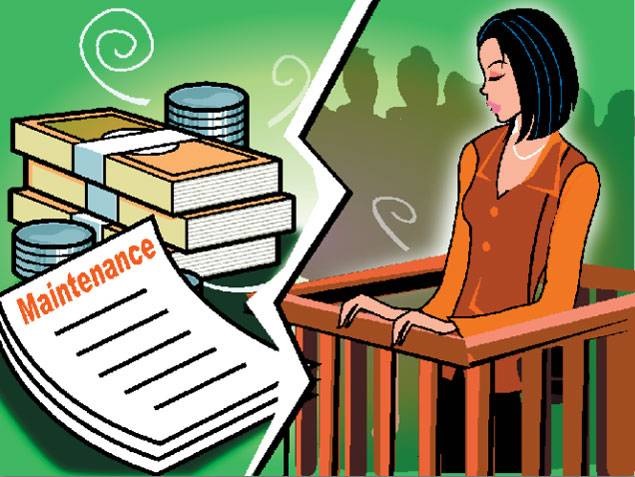INTRODUCTION
Welcome to the official blog of the Law Offices of Kr. Vivek Tanwar Advocate and Associates, where we are dedicated to providing litigation support services for matters related to crime against women. In today’s blog post, we aim to shed light on the prevailing issues surrounding crimes against women, the legal framework in place for their protection, and the steps we can take as a society to combat these acts. Join us as we explore this critical subject and empower you with the knowledge to protect your rights and safety.
DOMESTIC VIOLENCE ACT
The DV Act recognizes domestic violence as a distinct offence and provides protection and relief to victims, particularly women. It focuses on the civil aspects of domestic violence, such as obtaining protection orders, residence orders, monetary relief, and custody orders for children.
WHO WILL PAY MAINTENANCE TO THE WIDOW UNDER THE DOMESTIC VIOLENCE ACT, 2005
Under the Protection of Women from Domestic Violence Act (PWDVA) in India, the responsibility of paying maintenance to a widow falls upon the person against whom the widow has filed a complaint under the Act. The Act recognizes the rights of widows and provides for their protection and support in cases of domestic violence.
When a widow seeks maintenance under the PWDVA, the process involves the following steps:
- Filing a Complaint: The widow needs to file a complaint with the appropriate Magistrate or Protection Officer, outlining the instances of domestic violence she has experienced and seeking necessary relief, including maintenance.
- Examination of Complaint: The Magistrate examines the complaint and may issue a Protection Order, which can include an order for monetary relief, including maintenance, in favour of the widow.
- Determining Maintenance: The Magistrate takes into consideration several factors while determining the amount of maintenance to be paid. These factors include the financial needs and resources of the widow, her standard of living, her earning capacity, the ability of the person against whom the complaint is filed to pay, and other relevant circumstances.
- Maintenance Order: The Magistrate passes a maintenance order, specifying the amount to be paid, the frequency of payment (monthly, lump sum, or in instalments), and the duration for which the maintenance is to be paid. The order may also include provisions for interim maintenance until a final order is issued.
- Enforcement: If the person against whom the complaint is filed fails to comply with the maintenance order, the widow can seek enforcement through legal means. The Magistrate may take necessary steps to ensure compliance, such as issuing a warrant for the person’s arrest or attaching their property.
CONCLUSION
It’s important to note that the actual maintenance amount and duration can vary based on the specific circumstances of the case, as determined by the Magistrate. The objective of providing maintenance to a widow under the PWDVA is to ensure her well-being, support her financially, and safeguard her rights in situations of domestic violence.
We are a law firm in the name and style of Law Offices of Kr. Vivek Tanwar Advocate and Associates at Gurugram and Rewari. We are providing litigation support services for matters related to crimes against women. We have a website on which we publish blogs informing the litigants about the said laws. Draft a blog which can be published on our website…..
Written by: Adv. Priyanka Goel (D/945/2020).

